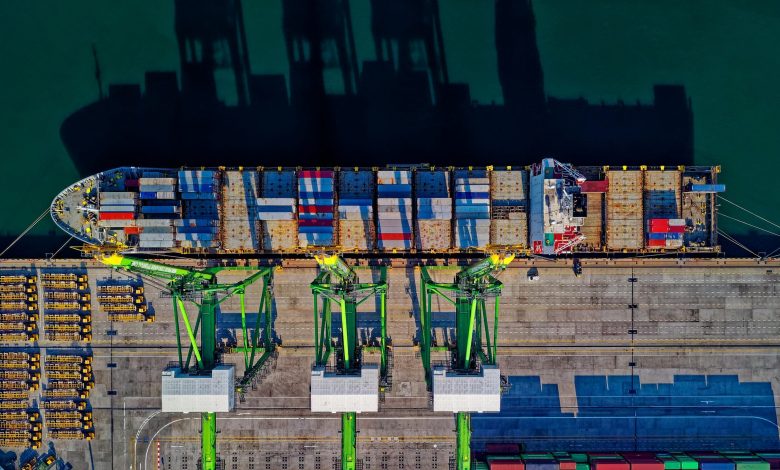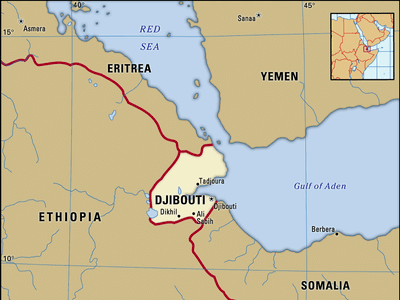How the Integrated Customs Management System Works

Customs agencies worldwide are grappling with enhancing trade facilitation while ensuring compliance with regulations. The Kenya Revenue Authority (KRA) has introduced the Integrated Customs Management System (iCMS), consolidating various customs systems into a single, modern, efficient platform.
Integrated Customs Management Systems is set to revolutionize customs processing by aligning operations with global best practices, making trade easier in Kenya and the East African Community (EAC) region. It simplifies and optimizes customs processes in line with World Trade Organization (WTO) requirements, streamlining clearance procedures and enhancing efficiency.
Compared to the current system, Simba 2005/2014, Integrated Customs Management Systems promises a significant reduction in clearance times for imports and exports, potentially by up to 60%. Moreover, it facilitates information exchange with Asycuda, benefiting EAC member states relying on the Mombasa port, such as Rwanda, Uganda, etc.
Integrated Customs Management Systems can track cargo movements through the Mombasa port more effectively, mitigating the risk of diversion or container disappearance. The system’s interactive features eliminate redundant processes, automate manual tasks, and enable traders to make self-declarations, enhancing efficiency and transparency.
Key features of Integrated Customs Management Systems include Auto-upload of import data.Information exchange with iTax to counter non-compliance.An electronic auction platform for customs cargo. These enhancements reduce paperwork, accelerate clearance, and promote voluntary compliance among taxpayers and traders, ultimately fostering faster trade flows and boosting competitiveness.
ADVERTISEMENT



